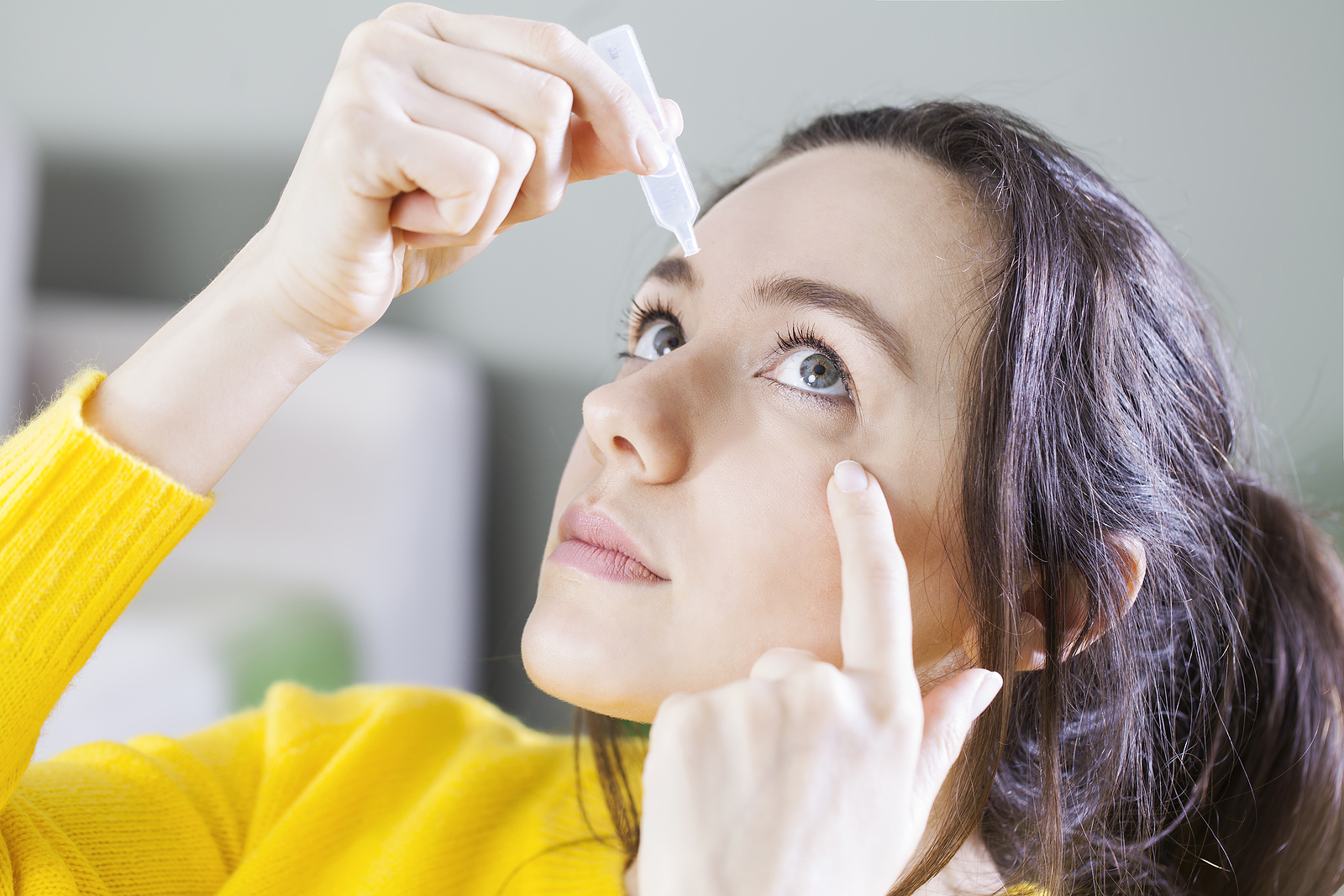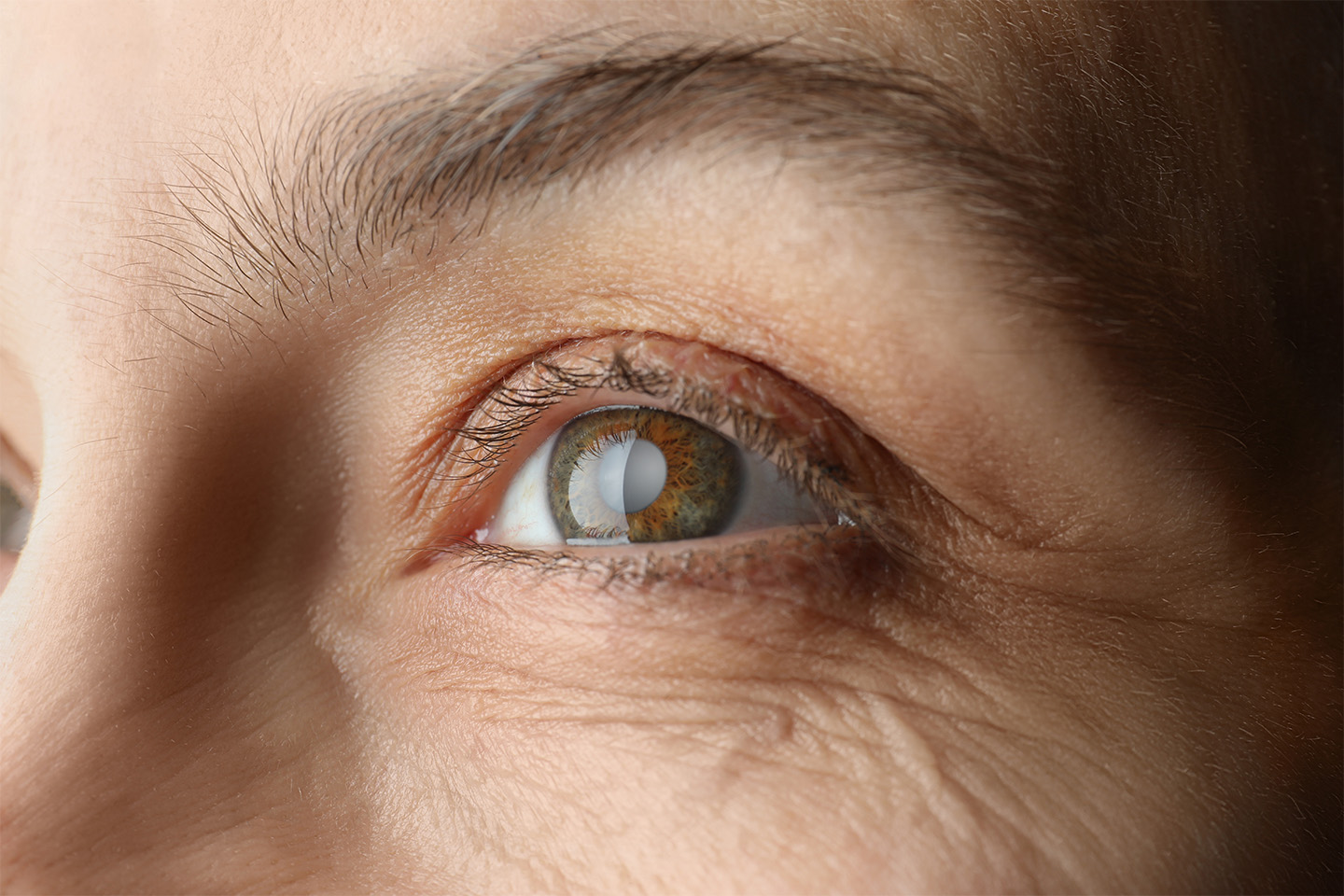10 Most Common Questions About Dry Eyes

Everyone gets dry eyes once in a while, whether it’s from a cold wind or staring at a screen too long. But how can you determine the difference between an everyday occurrence and experiencing a chronic condition that requires treatment for dry eyes? The skilled professionals at Kleiman Evangelista have compiled a list of the most commonly asked questions about dry eye to help you get the information you need to seek treatment.
1. How Common is Dry Eye?
Dry eye is an extremely common condition, affecting 16 million to 49 million Americans, or 5% to 15% of the population! This condition is particularly common for those over the age of 50 and is more prevalent in women than men.
2. What Causes Dry Eye?
At its core, dry eye is caused by inadequate lubrication of the eyes from poor tear production or low-quality tears. In some cases, your tear ducts may be enlarged causing moisture to evaporate from the surface quickly. And in others, there may be blockages that are stopping tears from reaching the eyes altogether.
Some patients report that cataract surgery and LASIK have led to dry eye symptoms but can resolve after healing.
Lifestyle or environmental factors that can lead to dry eye include:
- Smoke, wind and dry climates
- Side effects of certain medications, like antihistamines
- Prolonged screen time
- Unrelated diseases, such as rheumatoid arthritis
- Contact lenses
3. How Do You Treat Dry Eyes?
The treatment for dry eyes varies based on the cause of your condition. For those experiencing dry eye as a result of environmental factors, treatment may be as simple as decreasing air flow, increasing humidity or taking more screen breaks. Your eye doctor may also want to discuss your current medications and make adjustments to help.
Regular use of artificial tears is another common treatment option for less severe cases. However, if your dry eye stems from an issue with your tear ducts as stated above, then surgical options and prescription medications may be more appropriate.
4. What is a Good Vitamin for Dry Eyes?
Certain vitamins are necessary to keep your eyes healthy and lubricated, and because your body doesn’t always produce them naturally, it may be necessary to take supplements to help.
Key vitamins for dry eyes include:
- Omega-3 and omega-6 fatty acids to boost the oil layer of the tear film.
- Vitamin C to defend the eyes against oxidative damage that may affect the tear film.
- Vitamin B2, B6, and B12 for protection and lubrication.
- Vitamin A aids in general eye health, which may soothe dry eye.
- Zinc is a trace element that also supports the visual process.
5. What Should I Eat for Dry Eyes?
One key part of the treatment for dry eyes is altering your diet to include foods that will boost both the quality and volume of your tears. Typically, these foods are naturally high in the vitamins that are good for dry eye, including omega-3 fatty acids, vitamins E and C, zinc and folates.
So, if you’re looking for natural ways to decrease the severity of your dry eye symptoms, try these foods:
- Fish, especially salmon, halibut, tuna, and herring
- Leafy greens, like spinach, kale, and collards
- Nuts and seeds, such as chia, walnuts, cashews and flaxseeds
- Beans
- Water, and lots of it!
6. Does Dry Eye go Away?
Depending on the cause, your dry eyes may be temporary or chronic. Temporary conditions will usually go away when you address the problem. However, chronic conditions usually last for much longer and can get better… and then worse. Although, dry eye can get progressively worse as you age, and likely never go away.
7. How Can I Hydrate My Eyes?
There are many ways you can hydrate your eyes:
- Artificial tears
- Blinking more often especially when working on screens
- Drinking plenty of water to keep you hydrated
- Steering clear of smoke
- Using a humidifier to add moisture to the air
- Turning down the heat
8. Why are Dry Eyes Worse at Night?
Some people with dry eyes complain about their symptoms getting worse at night or first thing in the morning when they wake up. This sensation could be caused by the incomplete closure of your eyelids when you sleep.
Dry eyes at night could also result from inadequate sleep (your eyes need at least 5 hours), decreased fluid circulation, slow metabolism, and of course, allergens.
9. Can Dry Eyes Lead to Blindness?
In some cases, dry eye may make you more susceptible to vision loss and blindness. This is because the cornea, the outer layer of the eye, may become more sensitive to damage and other scratches, as well as inflammation that may impact your vision. Those with dry eye will mainly complain of blurred vision that impacts their sight.
10. Can Stress Cause Dry Eyes?
It’s no secret that stress affects all parts of your body – even your eyes! From impacting your sleep quality to causing eye strain, chronic stress may lead to dry eye symptoms. Luckily, addressing these stressors may help alleviate the resulting condition.
Find Your Treatment for Dry Eyes at Kleiman Evangelista Eye Centers
While dry eye can inhibit your ability to receive certain procedures, we at Kleiman Evangelista Eye Centers work to form a treatment plan that takes this condition into consideration. As cataract and LASIK eye surgery experts in greater Dallas, we offer a range of laser-assisted surgical options that will help you achieve your best eyesight without creating or amplifying dry eye symptoms. Schedule your free consultation to start finding tailor-made solutions for your eyes!
[DISPLAY_ULTIMATE_SOCIAL_ICONS]








